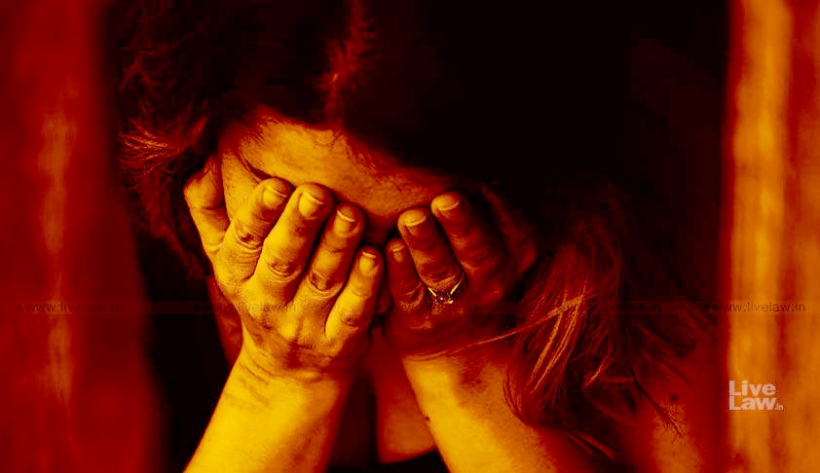
No society can function without rules and laws; this was elaborated by the French political philosopher Montesquieu, way back in 1748 in one of the greatest works in the history of political theory and jurisprudence. The treatise “The Spirit of Laws” still remains at the core of the functioning of governments. He postulated that if the power to make laws remains in the hands of one individual, or a small group, it invites dictatorship and tyranny. Therefore, such powers should be compartmentalised into segregated branches to provide the necessary checks and balances. Hence was born the concept of an Executive to research and draft legislation, a Legislature to further debate and pass laws, enforcement agencies such as the police to ensure that the laws were not breached; and if and when they were so deemed, the matter placed before the judiciary to confirm the breach and decide the quantum of penal action.
The system has worked reasonably well across the world, over the years. In India unfortunately, there has been some regression. The executive has drafted laws based on inadequate research; the legislature has passed laws with the brute force of majoritarianism; and the police have, to a significant extent, lost public confidence. But the judiciary held its ground and still commands a great deal of respect. However, recent comments and judgments suggest a certain amount of irrationality creeping in, particularly in cases of rape. The M.P H.C. asked a rape accused to tie a rakhi on the victim as a condition for granting bail. There was an uproar from SC lawyers who moved the court against this ruling. In their submission they referred to a series of retrograde orders like asking the accused to perform community service in Covid hospitals, plant trees, contribute to charities and even distastefully commenting on the character of a victim who “fell asleep” after the attack. “This is not the way our women react when they are ravished” (did she fall asleep or pass out?). Bail was granted in a POCSO case on condition that the accused marry the underage victim. The Bombay HC acquitted an accused under the POCSO Act, on the grounds that the accused had no sexual intent in committing the offence because “there was no direct skin to skin contact”.
The SC took cognisance of the petition, struck down the “rakhi” order and set comprehensive guidelines in a rule book to sensitise judges and discourage them from orders that trivialise sexual assaults against women, question the character of the victim, or attempt compromise between the accused and the victim. In 1996, Sakshi, an NGO, conducted the most comprehensive study ever, on the judiciary’s perception of violence against women, called ‘Gender and Judges’. It analysed the views of 119 judges across India, the experience of female lawyers and complainants, and observation of courtroom trials. They concluded most Judges found it impossible to believe that violence against women can be the exclusive responsibility of the perpetrator. Judges were of the view that penetration of a woman is physiologically impossible without her consent and that in any case women are partially to blame for such abuse. Being drunk, for example, implies consent. This is not an Indian phenomenon. Judges in Canada and US have been publicly admonished and even made to resign because of such misogynistic remarks in court hearings.
Judicial overreach is by no means confined to rape cases. After months of disruptions and demonstrations against three farm laws, the SC stayed their implementation and arranged for formation of a committee to look into the claims of the agitating farmers. As per the compartmentalisation referred to earlier, the jurisdiction of the SC lies in determining whether any law passed by the legislature infringes on fundamental rights or is in any way against the provisions of the constitution. The formation of a committee to discuss the issue with the farmers is surely the work of the executive, which undoubtedly failed miserably in this, thereby allowing the legislature to bulldoze faulty laws through parliament. The SC has itself ruled in the past, that “...Normally in such policy matters, a court of law will not interfere unless the policy is shown to be contrary to law, inconsistent with the provisions of the Constitution or otherwise arbitrary or unreasonable.” That being so it is difficult to understand the basis on which this committee is formed.
In yet another case, “When a state action is challenged, the function of the court to determine whether the legislature or the executive has acted within the powers and functions assigned under the Constitution. While doing so the court must remain within its self-imposed limits. The court is not an appellate authority. The Constitution does not permit the court to direct or advise the executive in matters of policy or to sermonise on any matter which under the Constitution lies within the sphere of legislature or executive, provided these authorities do not transgress their constitutional limits or statutory powers”
In the rape judgments, the SC stepped in; it remains to be seen who will step in the farm laws matter; or for that matter the outcome of the PIL seeking deletion of 26 verses of the Quran.
(The author is a founder member of VHAG)
